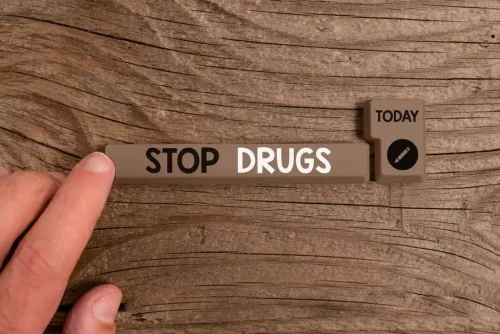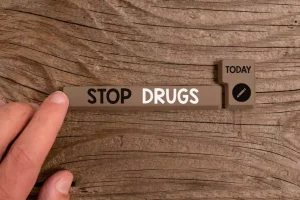
You may be scared to leave your loved ones behind or worried you won’t have a place to return when your treatment concludes. It’s natural to feel this way, but pausing from your current daily life can positively benefit your treatment and overall recovery. In reality, early intervention is myths about addiction and recovery key to successful addiction treatment. The sooner a person receives help for their addiction, the more likely they are to achieve long-term recovery.
- Our work in the 1970s discovered where in the brain heroin acts, what changes are produced, how addiction and withdrawal occur, and how it could be reversed with medicines.
- On one hand, there are enormous opportunities, such as those for furthering knowledge about the complex and sophisticated science of neurobiology.
- The clear path forward based on Dr. Harris’s remarks was for physicians to redouble their efforts to curtail painkiller prescriptions.
- As they sober up and their thinking clears, many formerly resistant addicts decide they want to change.
- Later, my host at the conference, Liam O’Loughlin, told me over dinner how he had badly hurt his hand, but stopped taking the powerful opioid and anti-inflammatory he had been given after just three days.
Strategies to Increase Understanding and Strengthen Research
This myth perpetuates the notion that persons with an addiction are solely responsible for their addiction and that they simply need to “try harder” to recover. Although this is the case, some people do not accept the need for treatment until a “rock bottom” scenario occurs. But this is far from being the case for everyone who struggles with an addiction. Most of my clients reach out for support before having a “rock bottom” moment and many recover without having to experience one. Addiction neuroscience has done a great job of identifying brain systems involved in the processes of addiction, withdrawal, and craving.
- Early intervention, comprehensive treatment, and ongoing support are essential components of a successful recovery plan.
- Any type of drug can be addictive, including drugs prescribed by a doctor.
- This misconception fails to recognize that addiction is a complex issue that can affect individuals from all walks of life.
- Beware this myth, as it could prevent you from spotting that someone (maybe even yourself) is in trouble.
- It is vital to approach conversations about addiction with sensitivity and compassion.
- Groundbreaking discoveries about the brain have revolutionized our understanding of compulsive drug use, enabling us to respond effectively to the problem.
Debunking Myths About Addiction Recovery
Fostering empathy and a better understanding of those facing addiction is crucial in breaking down stigma. It is vital to https://ecosoberhouse.com/ approach conversations about addiction with sensitivity and compassion. This table illustrates the variations in success rates for different types of addiction during the first year of recovery. These figures emphasize that while many individuals do find success through rehabilitation, there is no universal guarantee.
Myth #3: It’s ok if we call people with opioid use disorder “addicts,” “users,” or “junkies.”
By unraveling these misconceptions, I hope to shed light on the reality of addiction, its causes, and its potential treatments. Mark S. Gold, M.D., is a pioneering researcher, professor, and chairman of psychiatry at Yale, the University of Florida, and Washington University in St Louis. His theories have changed the field, stimulated additional research, and led to new understanding and treatments for opioid use disorders, cocaine use disorders, overeating, smoking, and depression. The reality is that dual diagnoses (poly-diagnosis) are the rule, not the exception.
Essential Professional and Relationship Life Skills While in Drug Rehab

Our peer coaches help teach concerned loved ones how to positively impact their unwell loved one while avoiding detachment and confrontation. This is a critical insight that America misses – “to end the epidemic of deaths of despair, we need to target the sources of the despair.” But Angell too embodies many of the myths of addiction. She considers drug use itself – as universal as it is – to be the result of despair (Myth I). This is no truer than saying drinking alcohol, shopping, playing video games or using mobile phones, sex, or love are signs of despair. In other words, doctors were doing wonderfully, although opioid and other drug deaths continued to surge. The clear path forward based on Dr. Harris’s remarks was for physicians to redouble their efforts to curtail painkiller prescriptions.


It’s important to acknowledge the need for professional help and evidence-based treatments, and to support those in recovery as they navigate the challenges of overcoming addiction. Detox is the time period when you focus on getting all of the toxic substances out of your system. For this reason, it’s best to detox at a recovery center, or at least in an outpatient setting, so doctors can monitor your symptoms and intervene if necessary. If you’re struggling with drug addiction or know someone who is, it’s time to stop believing these myths. Understanding the realities of addiction recovery and the role of relapse can help dismantle myths about rehabilitation and foster a more informed perspective. Empathy and support are crucial in navigating the complexities of recovery as individuals work towards lasting change.

